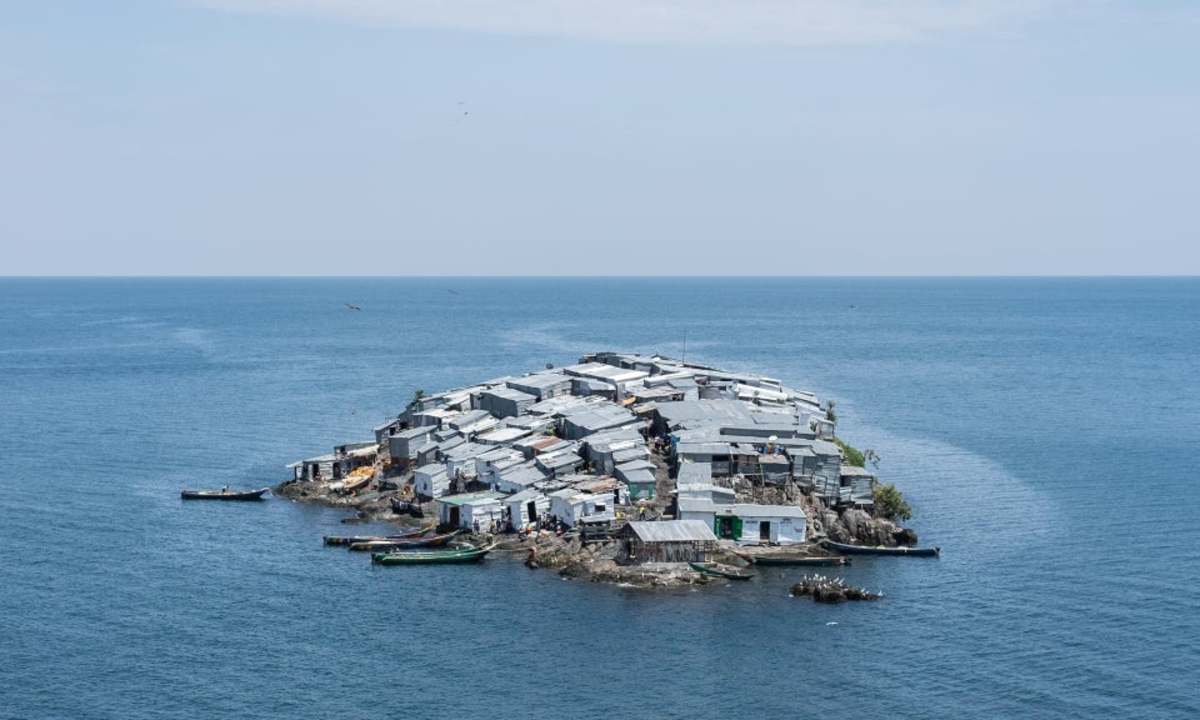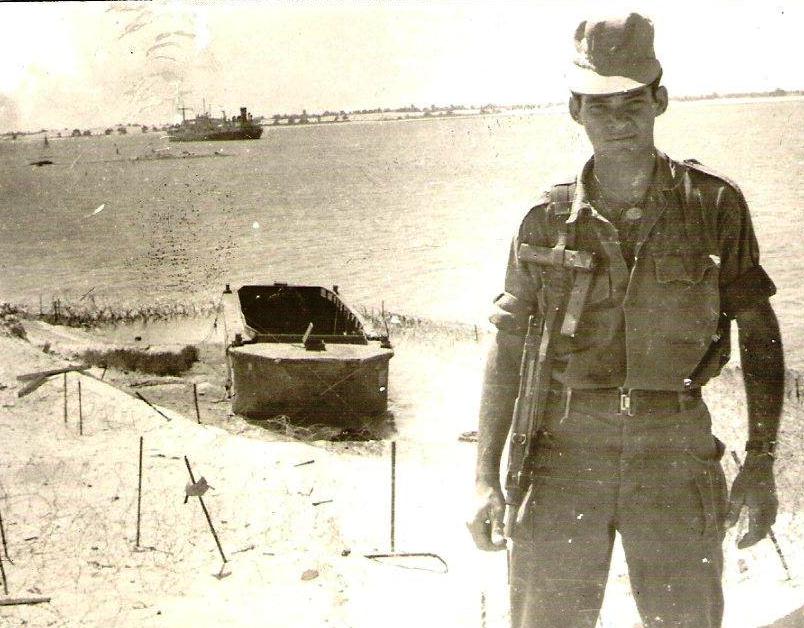In 1936, four of the lykov family members, Karp, his wife Akulina, and their two children, Savin(9), Natalia (2) took their possessions and seeds and retreated deep into the Siberian taiga. They built themselves a few simple dwelling places until, at last, they had settled in the area they stayed in for over 40 years. Two more children had been born in the wild, Dmitry in 1940 and Agafia in 1943, and neither of the youngest Lykov children had ever seen a human being who was not a member of their family. Agafia and Dmitry knew of the outside world but only what they had learnt from their parents’ stories.
The Lykov children knew of society and that there were places called cities where humans lived, but this seemed abstract to them. Their only reading matter was prayer books and an ancient family Bible. Akulina had used the gospels to teach her children to read and write, using sharpened birch sticks dipped into honeysuckle juice as pen and ink.
The family was found in 1978 when a helicopter carrying a group of geologists was sent to find a safe area to land. The chopper battling to find a clearing amongst the wooded valleys and running rivers shrouding the pilot peered through the windscreen and saw a clearing about 6000 feet up a mountainside. The pilot made a couple of passes, baffled by the clearing until discovering it was a garden that looked old and well used. They were about 150 miles from the nearest settlement, and the area had no records of any inhabitants.
The geologists led by Gelina Pismenskaya decided to investigate, as any other area of settling was far too dangerous. This next bit is an excerpt from Pismanskayas documents.
Beside a stream, there was a dwelling. Blackened by time and rain, the hut was piled up on all sides with taiga rubbish—bark, poles, planks. If it hadn’t been for a window the size of my backpack pocket, it would have been hard to believe that people lived there. But they did, no doubt about it…. Our arrival had been noticed, as we could see.
The low door creaked, and the figure of a very old man emerged into the light of day, straight out of a fairy tale. Barefoot. Wearing a patched and repatched shirt made of sacking. He wore trousers of the same material, also in patches, and had an uncombed beard. His hair was dishevelled. He looked frightened and was very attentive…. We had to say something, so I began: ‘Greetings, grandfather! We’ve come to visit!’
The old man did not reply immediately…. Finally, we heard a soft, uncertain voice: ‘Well, since you have travelled this far, you might as well come in.’ the dwelling was not much more than a burrow—” a low, soot-blackened log kennel that was as cold as a cellar,” with a floor consisting of potato peel and pine-nut shells. Looking around in the dim light, the visitors saw that it consisted of a single room. It was cramped, musty and indescribably filthy, propped up by sagging joists—and, astonishingly, home to a family of five:
The silence was suddenly broken by sobs and lamentations. Only then did we see the silhouettes of two women. One was in hysterics, praying: ‘This is for our sins, our sins.’ The other, keeping behind a post… sank slowly to the floor. The light from the little window fell on her wide, terrified eyes, and we realized we had to get out of there as quickly as possible.
After hurriedly exiting the hut and retreating to a spot a few meters away, they were met by the family. The daughters were no longer scared but curious about the strange men they just met.
As I said earlier, the family was what they call “Old Believers” they were members of a fundamentalist Russian Orthodox sect, worshipping in style unchanged since the 17th century. Many religious texts were changed, and during the reign of peter the great, anyone who preyed under the old texts was persecuted and treated as the anti-christ. This change caused Karp Lykov to flee to Siberia to escape and save his family, especially after Soviet soldiers shot his brother while the two worked in their fields.
The Lykov family were by no mean unintelligent or naïve, they would pass up offers of food as if they contained items their younger children had never eaten, and they feared what it would do to their bodies. The geologists showed them how the world had advanced since they left civilizations. Kapt was amazed by cellophane; he was shocked at its glass-like structure but that it was able to crumble. They were shown TV and told that man had made it to the moon, which they denied and found impossible.
Over the many visits the geologists made to the family, they tried their utmost to return the family to society to no avail. Unfortunately, as food became more scares the Lykov family resorted to eating bark and even their shoes. Akulina was the first to pass away in 1961 due to starvation as she stopped eating instead to give her children the food. Later in 1981, three of the kids passed. Savin and Natalia suffered from kidney failure, most likely due to their harsh diet, and Dmitry died of pneumonia. Karp passed away in 1981, leaving Agafia as the last Lykov family member to survive.
Agafia, who is still alive to this day, and now in her 70’s carried out her life in the family home. She accumulated a herd of goats and a flock of chickens and survived off of what she produces. She has had many offers to live with relatives in nearing villages but will probably stay in the mountains until her passing.





